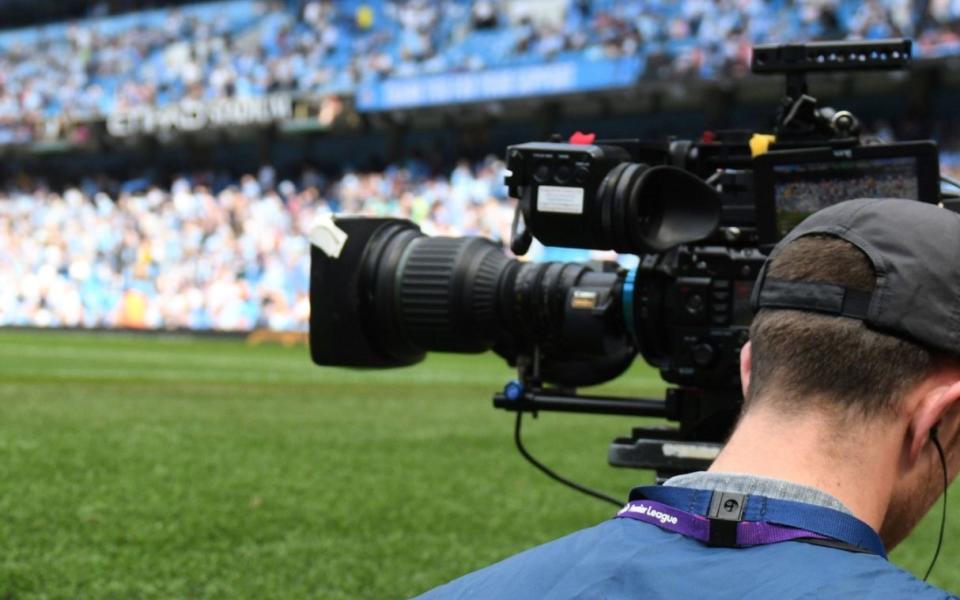TV broadcasters still hold key to success of European Super League

One of the great allures of the Super League for Ed Woodward, according to one friendly rival, is the possibility of taking control of the TV cameras at Old Trafford.
"He falls asleep dreaming of a global Manchester United streaming service," insists the fellow Premier League boardroom figure of the club's executive vice-chairman.
The top tier's short-lived and disastrous venture into pay-per-view last year helped the big six rebels illustrate frustrations at sharing from a collective pot of TV money. One game involving lesser lights caused particular dismay by attracting an audience well below 10,000.
However, Woodward may be disappointed to hear that his fellow European breakaway rebels may not be quite ready to go it completely alone without the TV middlemen. Analysts appear confident the established broadcasting giants — such as Sky and BT — will remain the big deciding players in whatever deal is struck by the competition. "We don't really think it's a sound strategy to pursue," says Enders Analysis' Julian Aquilina of the potential for a club-run direct-to-fan website streaming model.
"It's mainly because of the enormous amounts of money that the clubs already get from broadcast partners — logistically, it would be a lot more difficult, because, with two teams on the pitch, every club would need to have their own streaming service. Live television is an expensive business."
All the broadcasters — including DAZN, the so-called Netflix of Sport, who were initially linked with the breakaway — have distanced themselves from the project in recent days, but Aquilina says it is inevitable that they will all "have a close look at it" in the coming weeks.
Pressure on the broadcasters from the Government could be a route towards gaining leverage against the clubs, but ministers may need to move quickly after Sky, the biggest broadcasting fish of all, declined to launch outright condemnation of the plans.
“In the last 24 hours Sky Sports has passionately articulated the views of football fans on the importance of preserving and sustaining the whole football pyramid," the broadcaster said instead. "We are completely focused on supporting our long term football partners in the UK and in Europe, already providing fans with the best live action from the best football competitions in the world, and we have not been involved in any discussions with the proposed breakaway European Super League.”
BT Sport, the Champions League main rights-holder, was notably more vociferous in its criticism, saying it "believes the formation of a European Super League could have a damaging effect on the long term health of football in this country".
“As a sport broadcaster showing Premier League, Uefa club football and National League football as well as being lead partner for all the Home Nations football teams, we strongly believe that football makes a significant positive contribution to people’s lives at every level, and this needs to be protected,” a spokeswoman added.
The huge uncertainty around the breakaway means the Premier League, which met on Tuesday to discuss its legal options, is all-but-certain to postpone the imminent sell-off of its domestic TV rights for tender. Values were already due to fall marginally on the last cycle, and further uncertainty comes at a time when Sky, in particular, has already been trimming spending.
"I don't see how the auction can take place with this much uncertainty," Aquilina told Telegraph Sport. "And for the Super League too, we've always got to bear in mind that, particularly with the two examples of the UK broadcasters in Sky and BT, they've been stepping back with the spending on sports rights."
The Super League plotters believe that more regular games between each other will provide a global television spectacle worth upwards of £3.2 billion a year from broadcasters and sponsors, potentially even double the amount earned by the Champions League.
But as far as the potential TV riches alone are concerned, the grass may not be quite as green as the rebels thought.

